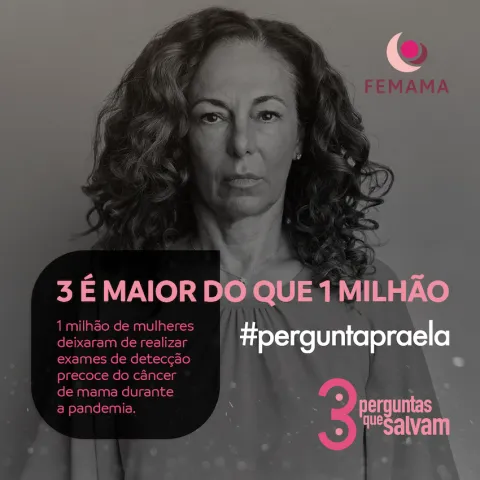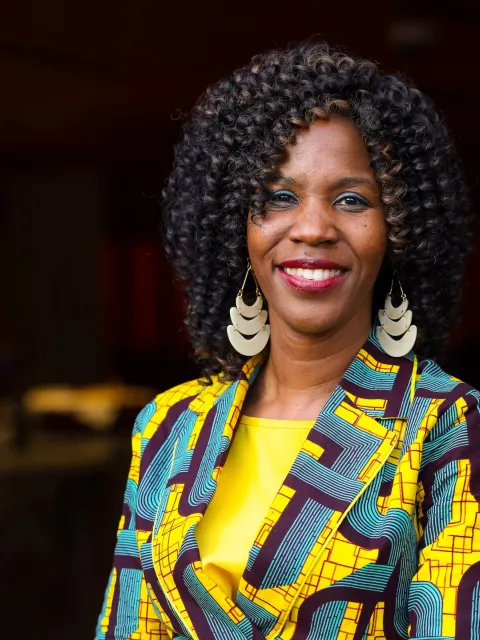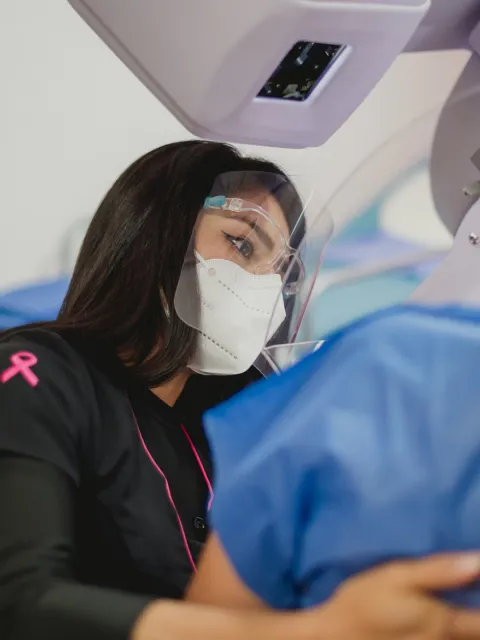Cancer: the pandemic behind the pandemic

There is an impending cancer pandemic currently overshadowed by COVID-19: the resurgence of cancer mortality rates due to a lack of medical care – a side effect of social distancing disruptions to essential services experienced by public and private health structures.
In a systematic review conducted by the American Society of Clinical Oncology (ASCO) disruptions in the supply chain (medication, disposables, and consumables) were reported by up to 79% of health centres, including drug shortages for chemotherapy regimens and reduced access to anticancer medication. Several patients who needed to be hospitalised for treatment were therefore not admitted, leading to many aggravated cases and, ultimately, more deaths.
According to British and Canadian research published earlier this year in the British Medical Journal, delays in cancer treatment can lead in many cases to a 6 to 13% higher risk of dying – one that could continue to rise.
Researchers analysed the damage caused by delays using 34 studies involving 1.2 million cancer patients affected by 17 different conditions. The materials examined provided information on surgical interventions, systemic therapy, and radiotherapy for bladder, breast, colon, rectum, lung, cervix, and head and neck cancer, which together represent 44% of the incidence of cancer globally.
A postponement of breast cancer surgery for 12 weeks has been estimated to result in an additional 6,100 deaths in the US alone and another 1,400 in the UK. It is reasonable to estimate that these numbers will be much higher on a global scale.
2021 data from Brazil’s Department of Health shows that 1.1 million mammograms were performed by July 2020 via the country’s Unified Health System (SUS), a huge decline compared to the 2.1 million tests performed in the same period in 2018 and 2019. This means that over 1 million women did not have mammograms during the pandemic.
Furthermore, data from the Department of Health’s National Institute of Cancer (INCA) also shows that around 66,280 new cases of breast cancer were diagnosed in 2020, which is equivalent to 29.7% of breast cancer cases. Approximately 18,000 women diagnosed with the disease die prematurely from the disease. Now, try to imagine the impact of lack of treatment on these women’s lives.
While the delays and interruptions in cancer treatments and surgeries were unintentional, this data is alarming and draws worldwide attention to negligence in the treatment of patients with metastatic cancer as well as the need to devise global strategies so that delays no longer occur. As such, we risk a second health pandemic following COVID-19 in the form of untreated cancers (and other diseases), cancer detected at a later stage of development and therefore harder to treat, and a rise in cancer-related mortality.
FEMAMA’s Activities in Brazil: 2020 and 2021 Pink October and Advocacy
FEMAMA’s role in preventing and fighting breast cancer in Brazil during the pandemic has been organised along three major fronts: the 2020 and 2021 Pink October national campaigns, advocacy actions and spreading awareness to women in order to mitigate any potential reduction in preventive tests.
The Pink October campaign, organised for Breast Cancer Awareness Month, has been adapted to the pandemic context.
In 2020, to respond to a drop in prevention, the campaign urged every woman to ask the questions: Have you been inspecting your breasts? Have you been scheduling your annual tests? Do you know your risk factors? The action was supported by partners such as TikTok, Facebook, Instagram, Globo Communication Broadcast (the largest broadcast communication business in Brazil), as well as other national and multinational brands, and reached over 50 million people in the first three weeks alone.

In 2021, FEMAMA will return to working on raising societal awareness, starting by presenting the data on delays in surgery and treatment and the impact on survival. FEMAMA will also undertake specific advocacy and awareness actions to resume preventive tests for breast cancer.
FEMAMA is working closely with the ministry of health and policymakers at the city level. We believe that one million women did not do their regular mammograms during 2020 – they are two years behind.
Our call to action for our two-year awareness campaign is to ask them three questions that can save their lives. This year in 2021, the questions are:
- Have you done your mammogram this year?
- Are you controlling your weight?
- Are you exercising regularly?
We fear they are not coming back because of fear, their weight has gone up and they are not exercising. So these are the three key points to work on. These three questions can empower them and their families and friends. We say, “ask yourself these questions, ask your friends and families.” Men also can get involved and ask their loved ones.
Advocacy on the part of non-governmental organisations like FEMAMA saw the Department of Health allocate a special budget of R$150 million (€23.7 million) for screening and early detection of breast cancer in December 2020. This amount is to be used by municipalities in local health systems, as long as they comply with legal requirements and meet the goals set by the federal government. FEMAMA is working with municipal policymakers on how to access and use these funds. The problem is global but the solution is local.
This extra financial resource is an invaluable opportunity to mitigate the problems we have described. FEMAMA is strongly committed to calling women to return to their tests, as well as to prompt mayors to comply with the federal mandatory norms in order to obtain financial resources. We have already devised a specific action plan and are working with the Department of Health, state governments and their associates throughout the country.

In short, the 2021 Pink October campaign is based on the understanding that delays in cancer treatment are increasing the risk of death in patients around the world and that Brazil is no exception.
Social distancing is necessary to prevent the spread of COVID-19 but women cannot fail to undergo diagnostic tests or surgeries. We believe that women must be informed about how important it is to continue taking the tests and following their treatment plans, and that both public and private health systems must find safe ways to treat them.
Last update
Thursday 21 October 2021Share this page


